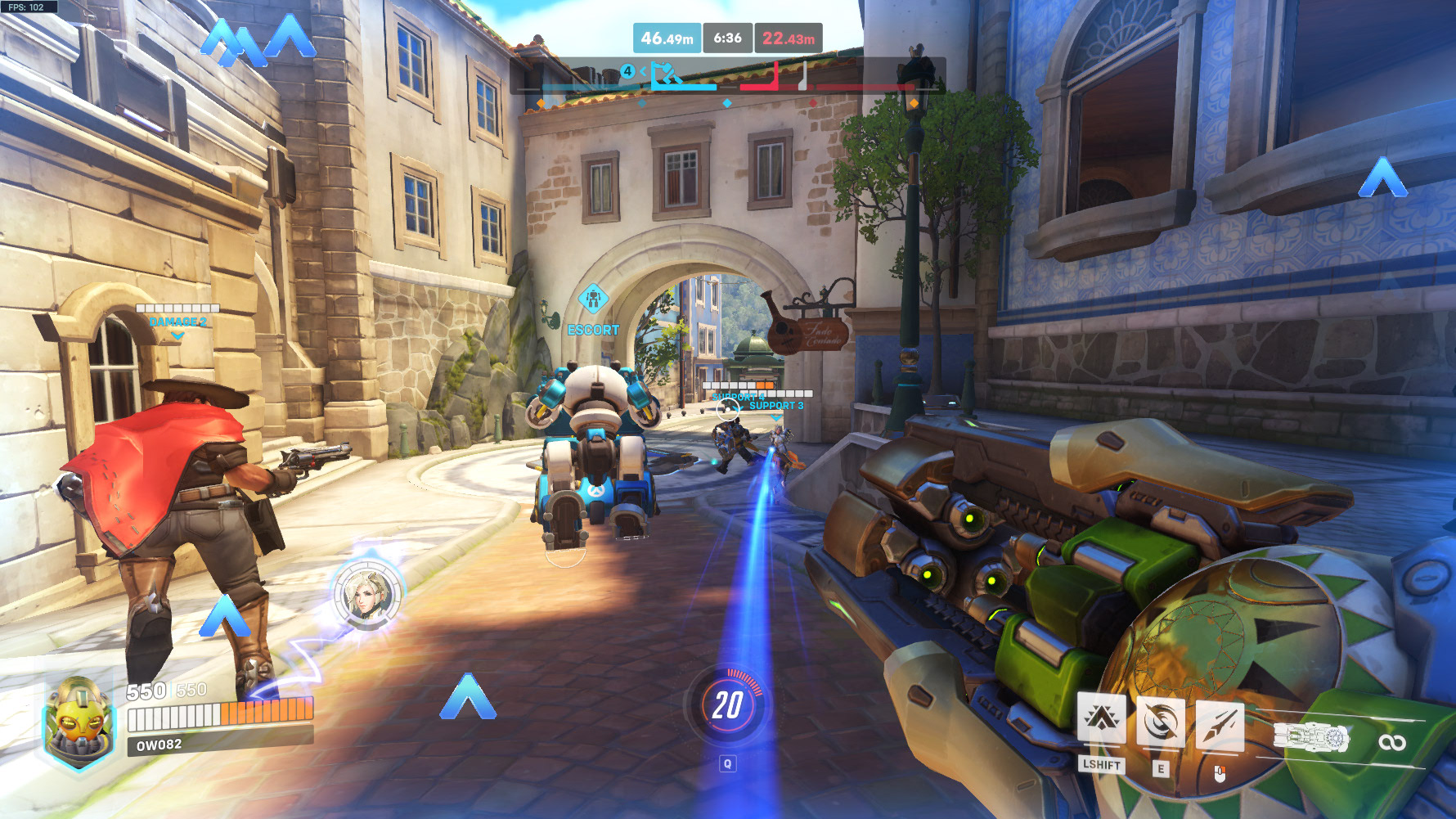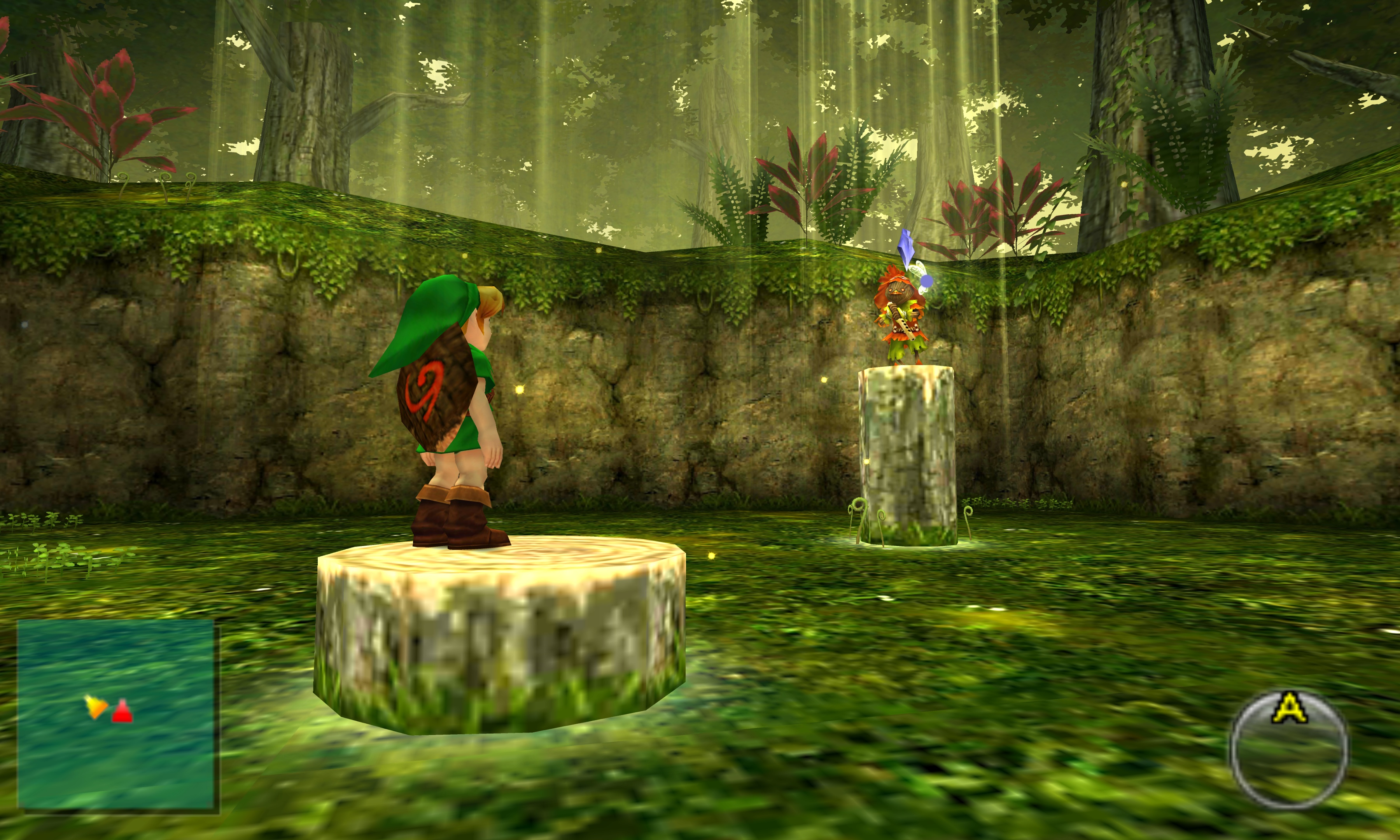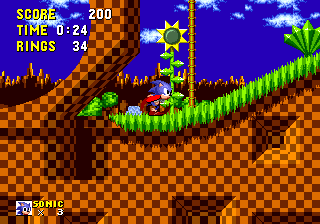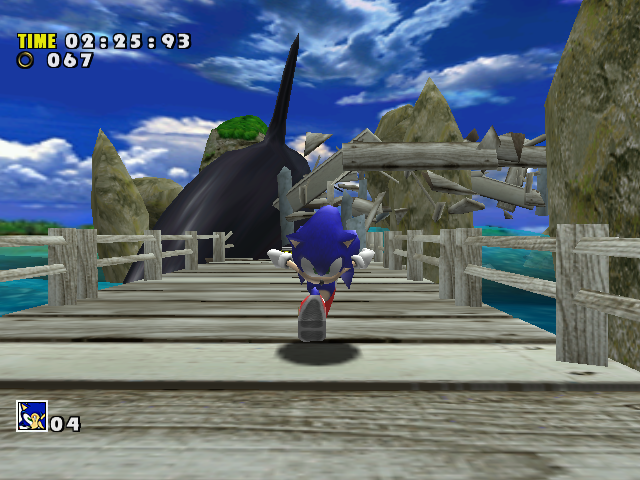Yeah, really, this is a whole thread in itself, but basically you have the following factors:
- Hardware generations.
- Increased application of psychology in video games (good and bad, often very bad).
- Multi-platform and cross-platform releases.
- Post-release support (into "live service" models).
Hardware is a big thing, but the big problem in PC gaming at least is the hardware variance. Forcing people to upgrade hardware feels bad (and this ties into console generations and how they're lasting for several years, if not more), but at the same time you can't be held back by literally antiquated hardware. But even if you define a cut-off via minimum specifications, you're still having to support a bazillion (or more) hardware combinations. And this is before we consider operating systems, etc. Consoles, by contrast, have fixed hardware that only changes when a new console is released, allowing developers to optimise in a variety of (clever) ways.
Psychology can be used to deliver improvements to UX, game mechanics, you name it. Something that "feels good" is, at its core, psychological. This is "impressive good", when games designers are able to nail this. The problem is how various companies have realised they can tune this for profit, leading to a lot of the mobile gaming ecosystem, and more than a fair bit of the modern console and PC gaming market. This is "impressive bad", in a number of ways. It still requires competence, investment, etc, but it's not a healthy thing for the industry or us lot playing the games.
Multi-platform and cross-platform releases are the other side of "hardware generations". Something that runs well on a console is in no way guaranteed to run well on (any) PC, and vice versa. There have been some changes in the latest console generations that (I think) brings their hardware more in line with what you'd expect of a modern gaming PC, but the problem here is still supporting legacy hardware / software combinations (which for specific genres of PC gaming is very much required to hit market saturation). This is before we get onto things like UNIX vs. Windows, Vulkan, etc.
Post-release support is a complicated inevitability in modern gaming. People say "games are released early" (and there
are, 100%, an increasing number of high profile examples of this), but there is a similar expectation in that games are expected to be supported for longer. People don't always want a sequel. They want their favourite version of their favourite franchise to be supported forever (a recent example of that is the announcement of Age of Empires 1 content being added to AoE II: Definitive, with people sad this means the original Age of Empires is no longer getting updates - nomatter how impractical this may be to do). So the way companies approach launching and supporting a game have changed in light of this.
And this is without touching on "companies are greedy and want to make money", which manifests in a ton of ways (and affects everything I said above, usually for the negative). But yeah, this is why I think things are lasting longer. And there are absolutely new, innovative games being made (a favourite of mine is Hades, it's a very fun and competent "roguelike"), it's just that the existing, at this point
mammoth popular franchises tend to dominate the market.
Whew. Okay. I kept it short

Next time I'll talk about how press events have changed in the past 15 years or so. That'll make me feel old (even though I'm only in my 30s).










